-
Metacognitive Illusions & The Font Size Effect
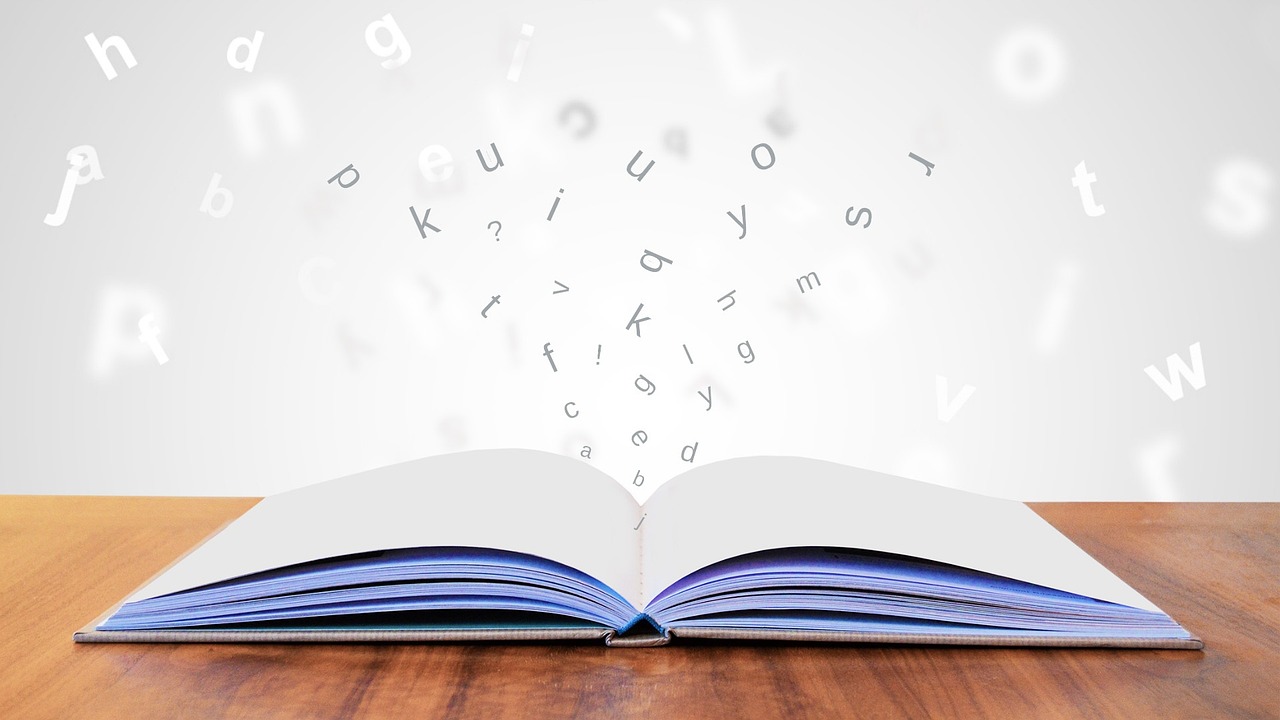
Have you ever done your assigned reading and thought, “I’ll definitely remember this, it’s in HUGE, BOLD LETTERS” and then failed to recall anything on your quiz the next day? This feeling of disconnect between what we think we know and what we actually know can be explained by the human ability to monitor and…
-
The Psychology of Grocery Lists: Why We Forget the Milk

How limited is our working memory capacity? While often described as fixed, research shows its boundaries depend heavily on the factors present during encoding and retrieval. Under the right conditions, we may be able to surpass what once seemed like hard limits.
-
How our perception of time influences the memory of events
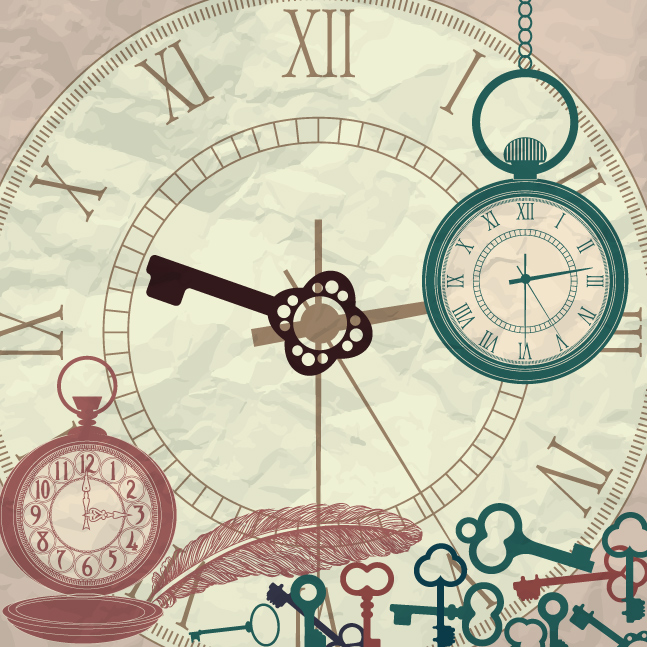
When remembering a moment in life, does it ever feel shorter or longer than what actually occurred? Research shows that our brain’s chemistry might unlock the secret to why this is, and how that influences our memory of the event later on.
-
Analogy-Based Learning in the Classroom: Implementing Strategies to Promote Conceptual Understanding and Performance

In this article, I discuss four principles of analogy-based learning and teaching in the classroom that are crucial for students’ success in analogical reasoning.
-
Remembering History: The Personal Lens of Collective Events
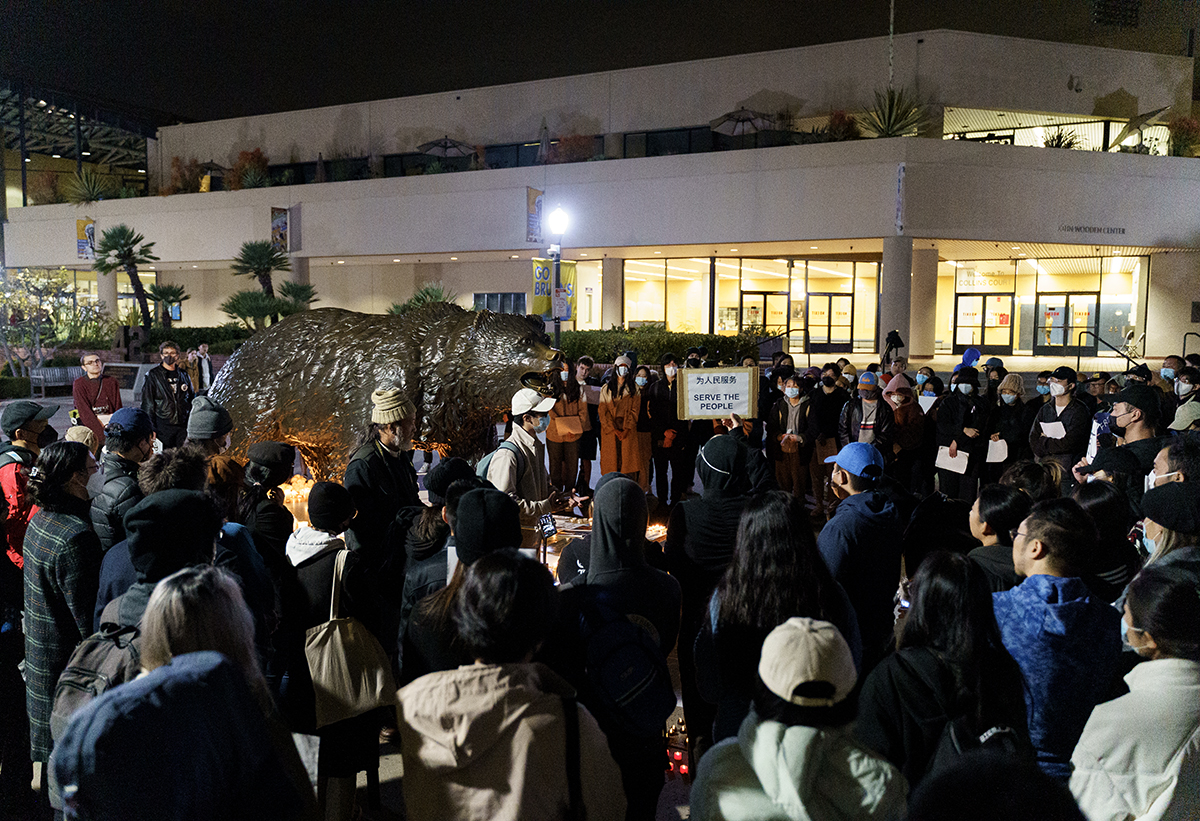
How do we remember pivotal moments in history, and why do they feel so personal? By researching the psychology of memory, such as the phenomena of flashbulb and collective memories, we can better understand how cultural, emotional, and biological factors shape our recollections of the past.
-
Trauma and the Brain: How Childhood Experiences Affect Your Memory
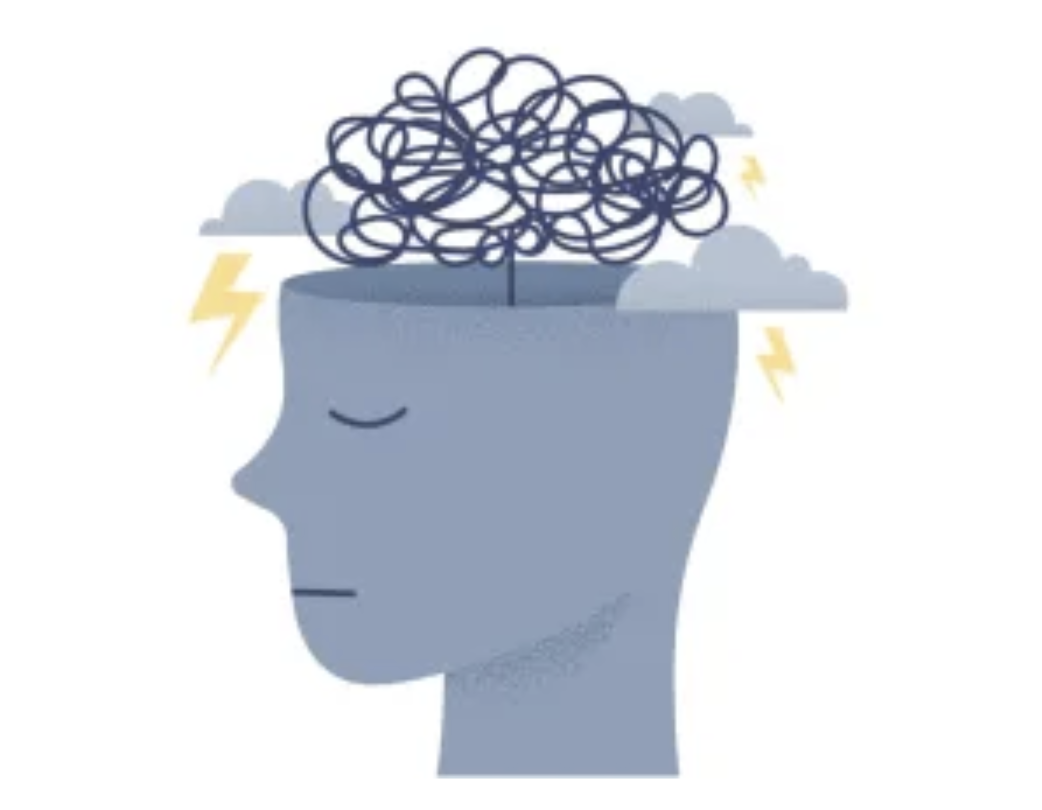
This article delves into the profound impact of traumatic childhood experiences on an individual’s cognition and memory. It discusses how childhood trauma can lead to memory retrieval problems, such as dissociative amnesia, and impairments in working memory, emphasizing the need for effective interventions and therapeutic approaches to assist survivors in improving their mental well-being.
-
Facial Recognition in Humans Versus Artificial Intelligence: When Are We Wrong?
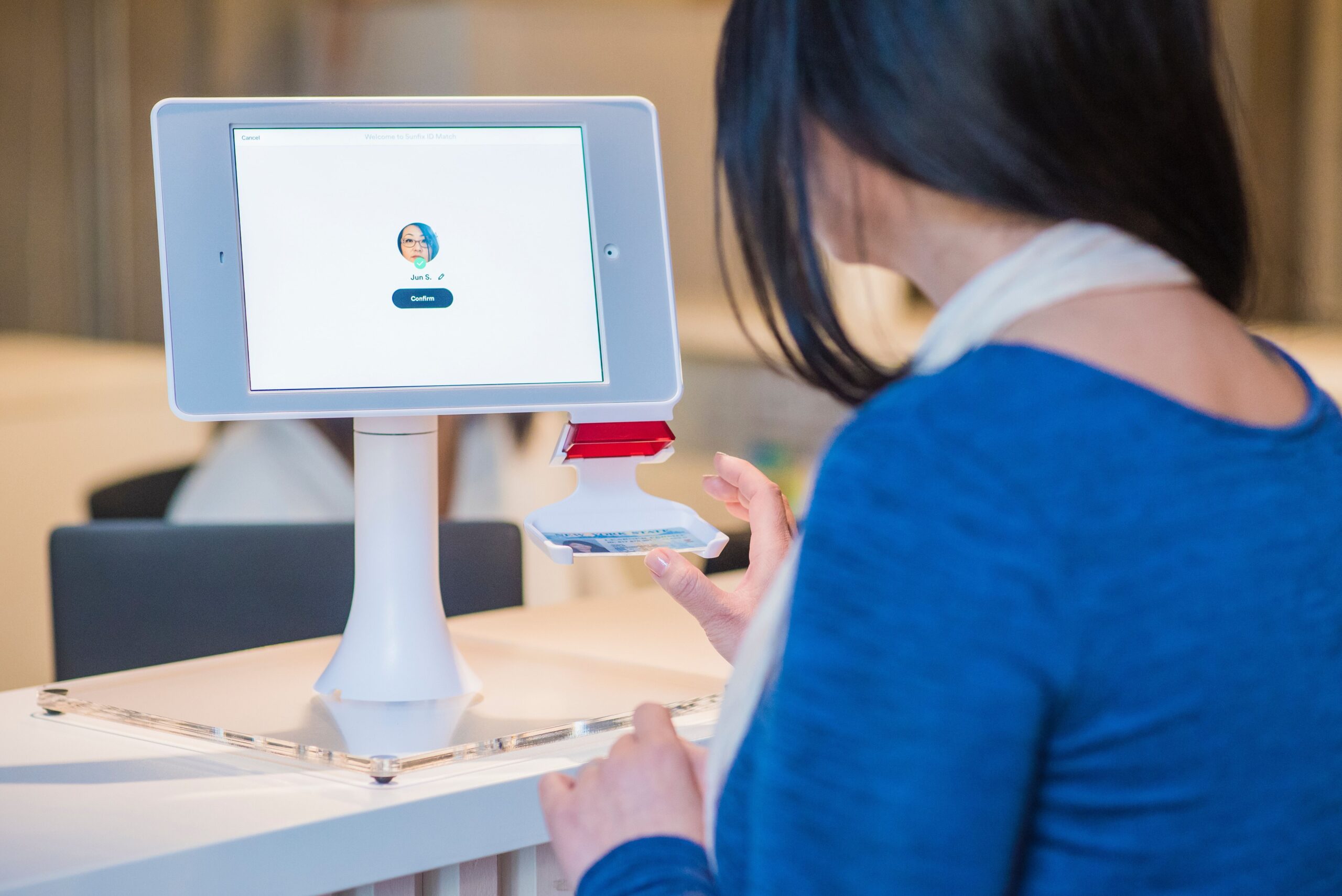
Every day, we encounter numerous faces of diverse genders, ages, and races, and our ability to identify them accurately is crucial. Recognizing the limitations of both human and Artificial Intelligence facial recognition systems, this article aims to explore the causes and implications of facial recognition failures.
-
Looking Down the Memory Barrel: Does the Weapon Focus Effect Impact our Legal System?

The weapon focus effect can help us understand how people remember highly emotional events. Could this change how we think about eyewitness testimony?
-
What Neural Networks Put Second: Categorization Models as a Window into the Nature of Memory
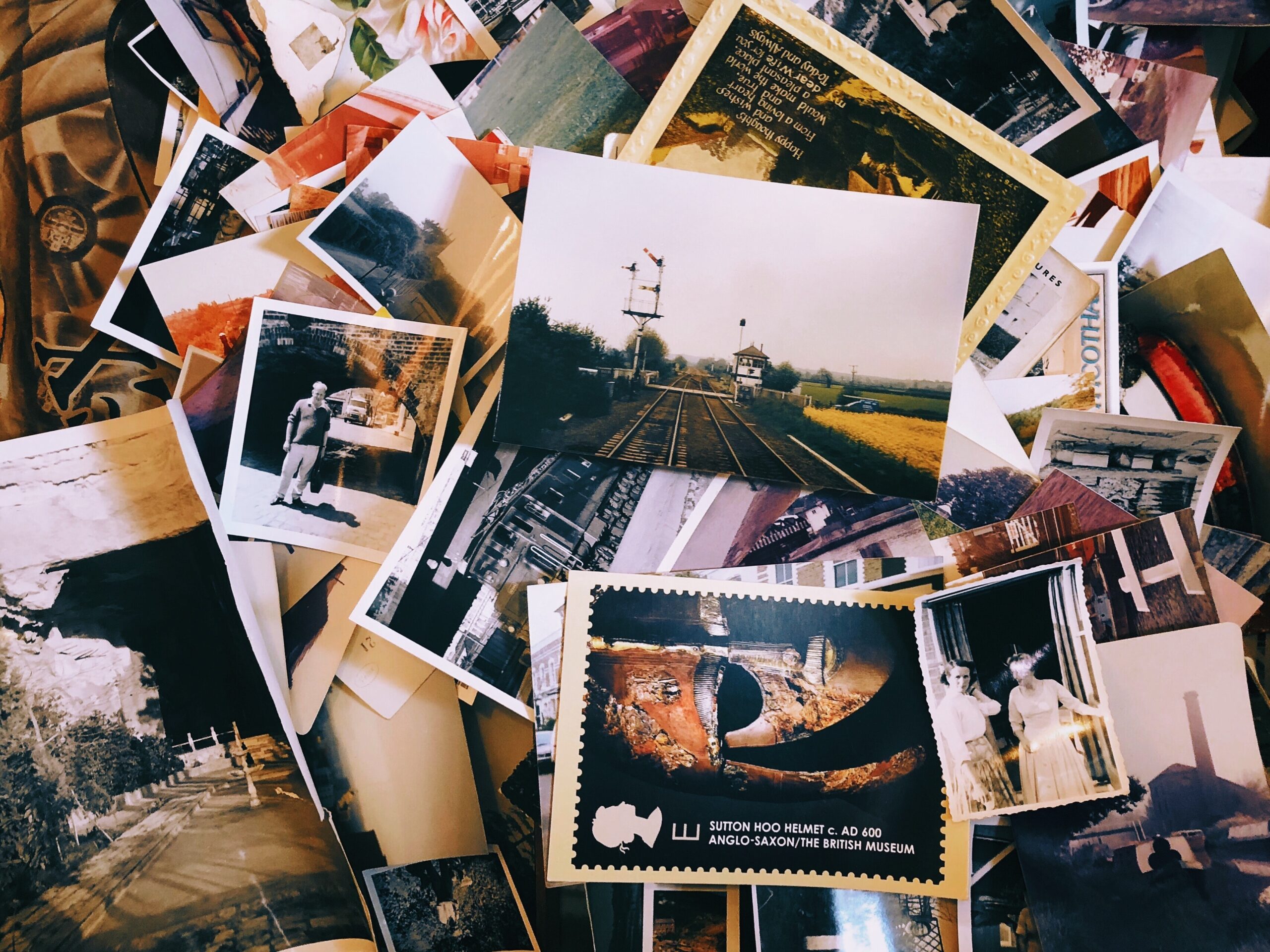
What do older cognitive models of categorization tell us about memory that state-of-the-art neural networks do not? The difference between past and present is not just one of performance, but also of psychological insight.
